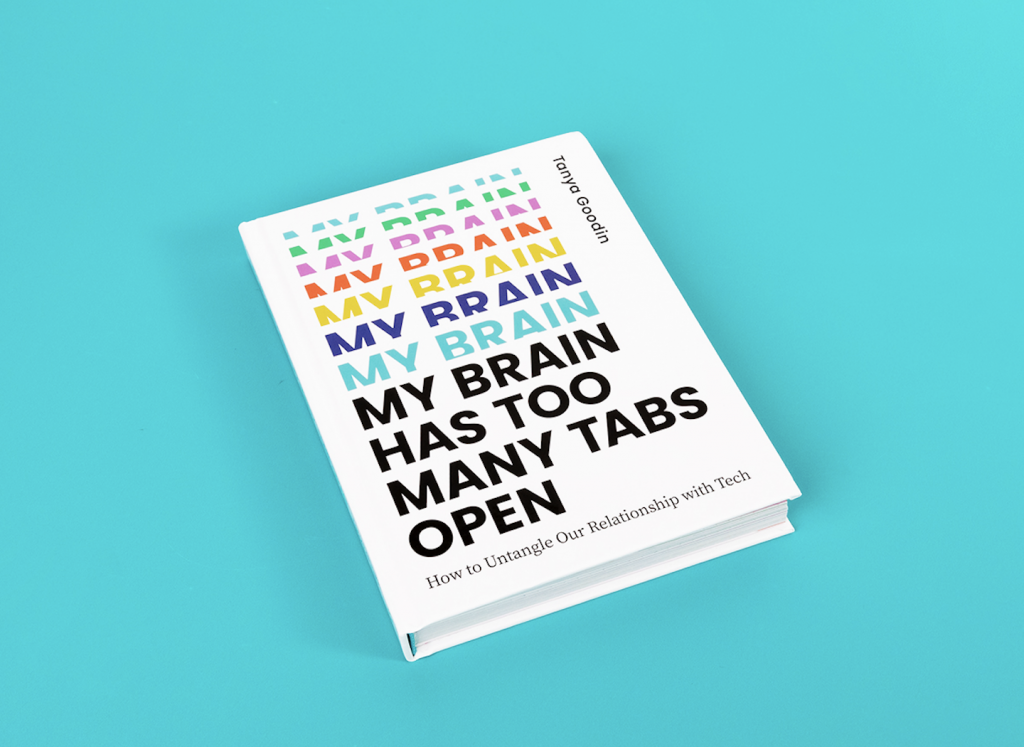The hype around cryptocurrency (crypto) and NFTs (non-fungible tokens) reached fever pitch last year, stoked by crypto influencers and celebrity enthusiasts alike. Elon Musk is a vocal supporter of Bitcoin and Kim Kardashian, Floyd Mayweather and basketball player Paul Pierce are all celebrity promoters of cryptocurrency Ethereum Max. All three of the latter were recently named in a lawsuit accusing them of using their celebrity to ‘pump’ the coin.
But, despite the hype, recent weeks have seen the start of what’s been dubbed the ‘crypto winter‘ with coin prices plummeting and companies laying off staff. Crypto advocates say this is just an inevitable adjustment after the period of exponential growth. Critics say crypto is a ‘Ponzi Scheme‘ and a scam that has now been toppled. Is this the end?

A brief history of cryptocurrency
Cryptocurrency, crypto, or coin is a digital currency designed as a medium of exchange through a computer network that isn’t reliant on any central authority, government, or bank. Crypto doesn’t exist in physical form (like paper money) and the decentralised nature of the currencies are a big part of the appeal for Gen Z.
Young men in particular have been keen to invest in crypto. These young investors typically get their first taste of digital assets through ‘play-to-earn games’ which reward players with NFTs and cryptocurrencies that can then be used within the game itself, or traded for cash. More than four in ten (43%) of American men aged 18 to 29 years have bought digital currency, and more than a fifth (22%) of men say they’ve used it, compared with just 10% of women. The young male demographic is sometimes disparagingly referred to as the ‘crypto-bros’ by the media.

Crypto was ‘born’ back in in 1983, when American cryptographer David Chaum designed an anonymous cryptographic electronic money called ecash, which he then implemented in 1995 through Digicash, an early form of cryptographic electronic payments. In 2009, the first decentralised cryptocurrency Bitcoin was created and El Salvador became the first country to accept Bitcoin as legal tender in June 2021. In September 2021, China, the single largest market for cryptocurrency, declared all cryptocurrency transactions illegal – having previously banned the operation of intermediaries and miners within China. Egypt, Iraq, Qatar, Oman, Morocco, Algeria, Tunisia and Bangladesh have all now banned cryptocurrencies.
Does crypto actually work?
One of the most vocal critics of cryptocurrency, Nicholas Weaver, senior staff researcher at the International Computer Science Institute, who has studied cryptocurrency for years argues that crypto does not actually work for its intended purpose.
Weaver says that it was clear from the start that cryptocurrency could never work for payments, as long as payments are processed by the existing banking system. Because the price is so volatile, you have two currency conversion steps, which makes getting money into cryptocurrency difficult and inefficient.
“This is a virus. Its harms are substantial. It has enabled billion dollar criminal enterprises. It has enabled venture capitalists to do securities fraud as their business. It has sucked people in. So either avoid it or help me make it die in a fire.”
Nicholas Weaver, lecturer Computer Science Department UC Berkeley.
Further, as Weaver argues, we’ve already had digital money for decades via credit cards, or things like PayPal, Visa or a wire transfer. And, because they all have a central intermediary – the banking system – bad and illegal activity can be identified and blocked.
But crypto works on an ‘append-only’ data structure (meaning transactions can only be added, not reversed or rolled back) which means that all transactions are irreversible. The structure has big consequences for fraud as Apple co-founder Steve Wozniak discovered.
“I had seven bitcoins stolen from me through fraud. Somebody bought them from me online through a credit card and they cancelled the credit card payment. It was that easy. And it was from a stolen credit card number so you can never get it back.”
Steve Wozniak, Apple co-founder
In the global financial system, it’s a requirement that everything must be reversible for a period of time to mitigate against innocent errors and protect against fraud. A feature that has helped many people who have inadvertently transferred money to scammers and been able to have it returned to them by their bank.
Crypto enables criminal behaviour
There are classes of payments that banking intermediaries don’t allow. The major areas are drug dealing, child sexual abuse material, and ransoms. Crypto is particularly attractive for hackers in corporate ransomware attacks, where being paid by Bitcoin to release company data they have hijacked or encrypted guarantees their anonymity in a way that transactions via the banking system would not. Drug dealing now uses cryptocurrency in a big way, and there have been cases of websites selling child exploitation material paid with Bitcoin.
And ordinary consumers have reported losing more than $1 billion to fraud involving cryptocurrencies from January 2021 to March 2022, according to America’s Federal Trade Commission. The current chair of the Securities and Exchange Commission (SEC), Gary Gensler, has described cryptocurrency investments as “rife with fraud, scams, and abuse”. Young people reported losing more money to crypto investments than any other type of fraud.
If you hold crypto should you sell?
Robert Weaver says ‘yes’. Ponzi schemes, and ‘Greater Fool’ schemes (where there is always a bigger fool than you who will help you recoup your investment), are typically kept afloat by investors boasting about how much money they’ve made, luring others in. But Weaver says cryptocurrencies are infamous for their volatility and can crash faster than you can cash out – as seen in the Terra (LUNA) crash which lost 99.9% of its value in just under 48hours.
Those who love crypto see it as part of a bigger picture of taking back control from mainstream institutions, like media and banking, who they view as having too much control over the individual. But with the promise of getting rich quick in a deregulated financial environment comes the very real risk of being a victim of serious crime and fraud. As with any investment, where crypto is concerned only risk what you can afford to lose. I’m not going to be investing any time soon.

For more about how the digital world is impacting our lives – and how to be an informed digital citizen – pick up a copy of my new book.
